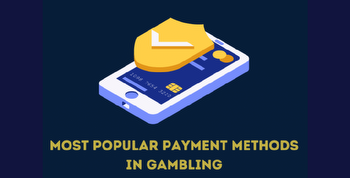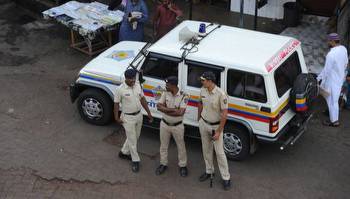Iran Struggles To Clamp Down On Illegal Online Gambling

The Iranian authorities have been stepping up their efforts to shut down online gambling and betting activities, which have been illegal in the country since the 1979 revolution.
Amid reports of an increase in gambling by Iranians in recent years, the Central Bank of Iran (CBI) now says it has cut the number of online betting and gambling transactions by 60% over the past two years. However, it is likely that at least some of the payments will have merely shifted to other routes.
The CBI said it had imposed tougher controls and checks on online payments networks since 2019. Local press reports quoted the bank’s deputy governor for new technologies Mehran Moharramian saying this included measures to screen and block payments relating to gambling.
“Surveys suggest that gambling and betting transactions have been lowered by 60% as a result of these measures,” he told a briefing with reporters on September 22.
While gambling has been illegal in Iran since the revolution, enforcing the ban has become harder in the internet age, as websites targeting Iranian gamblers can easily be set up outside the country and those behind the websites have proved agile and adaptable at how to receive payments from customers.
The CBI said that it had blocked more than 8,000 point-of-sale terminals that were connected to Iran’s domestic payments network but used in neighbouring countries. However, as these terminals have been shut down, gambling sites are believed to have switched to using transfers using Iran’s Shetab interbank network.
In addition, some 20,000 debit cards have been blocked because of suspected links to gambling activity.
Moharramian said the central bank was looking at taking further steps, including placing more controls and limits on the use of debit cards to transfer funds between individuals.
The scale of the issue is unclear, but Moharramian said in December 2020 that the CBI had identified 70,000 active gamblers and sent their names to the judicial authorities. Local business newspaper theFinancial Tribune recently reported that details of 450,000 bank cards used at online betting and gambling websites had been sent to the judiciary.
Those found guilty of transgressing the law face up to two years in jail.





































